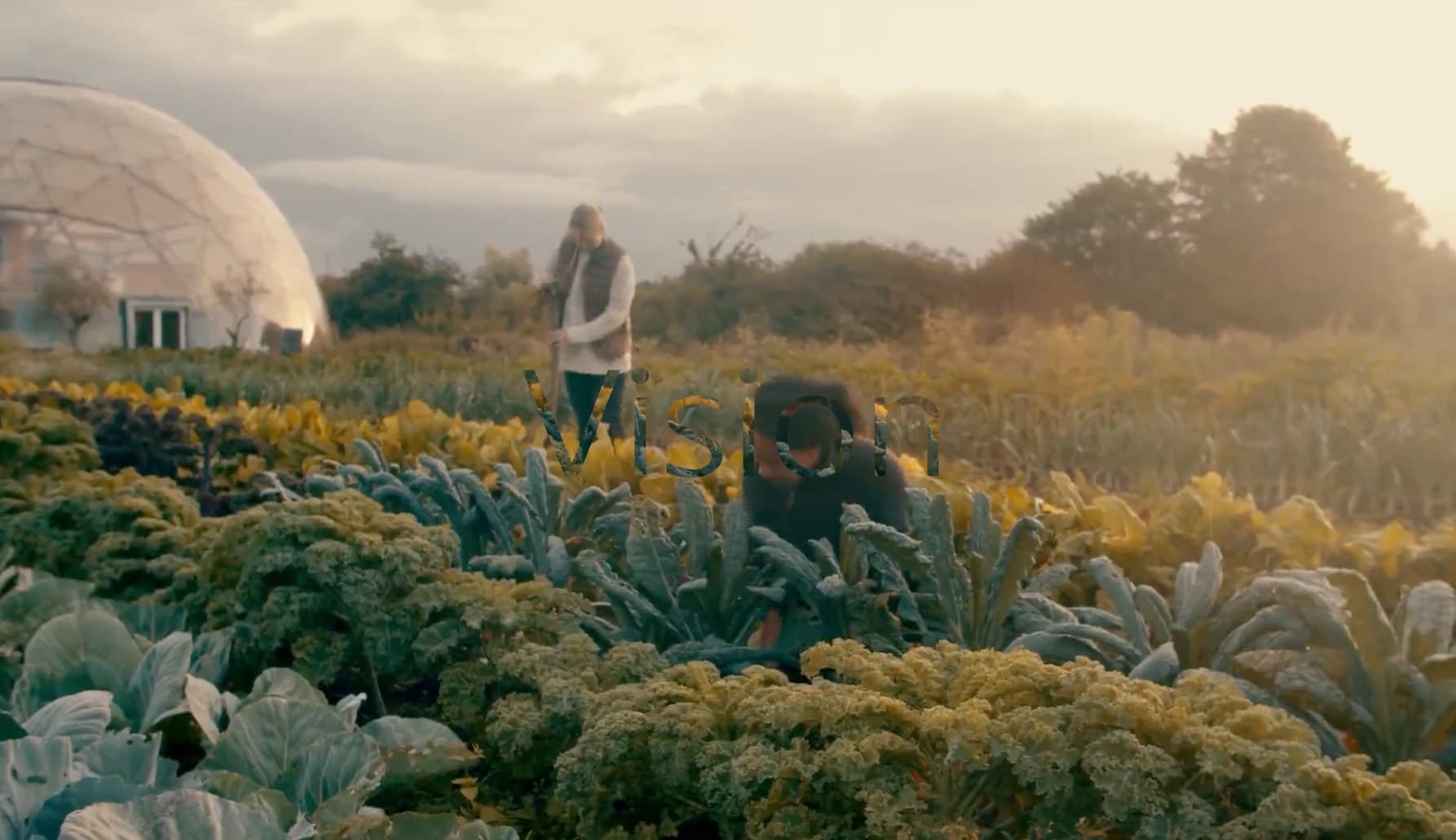Contact
Have a project in mind?
We are always happy to start a conversation.
© Bærnholdt Digital 2025
Contact
Have a project in mind?
We are always happy to start a conversation.
© Bærnholdt Digital 2025
Contact
Have a project in mind?
We are always happy to start a conversation.
© Bærnholdt Digital 2025









